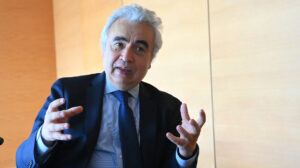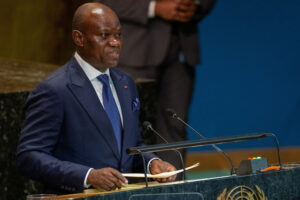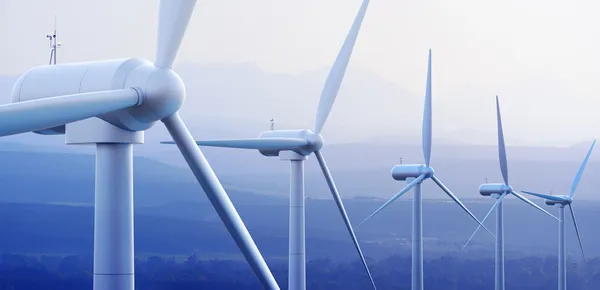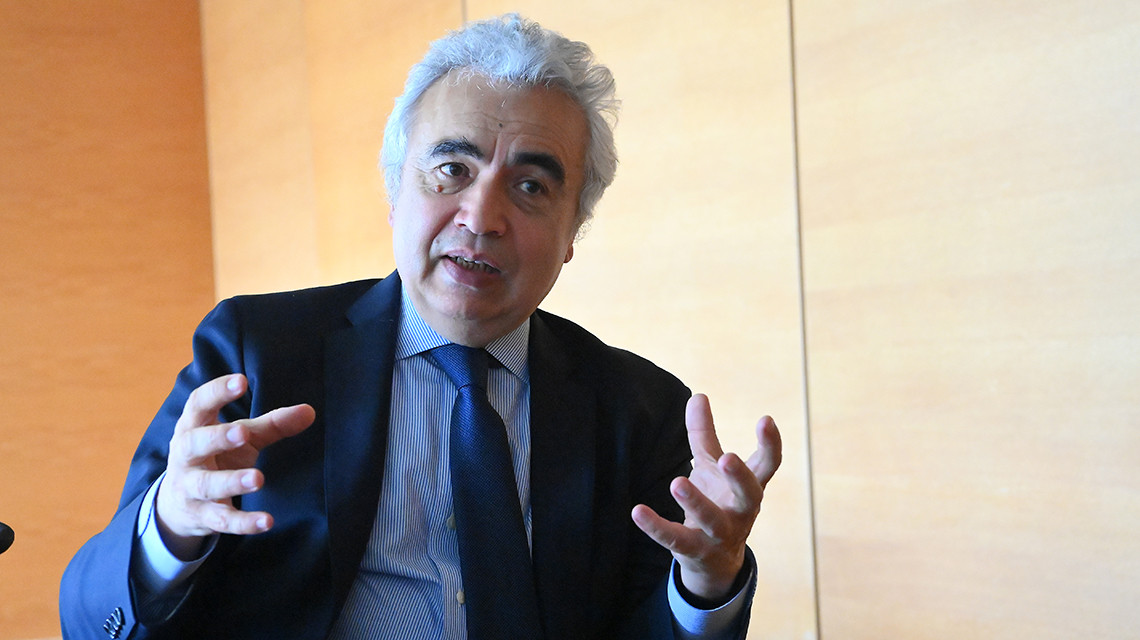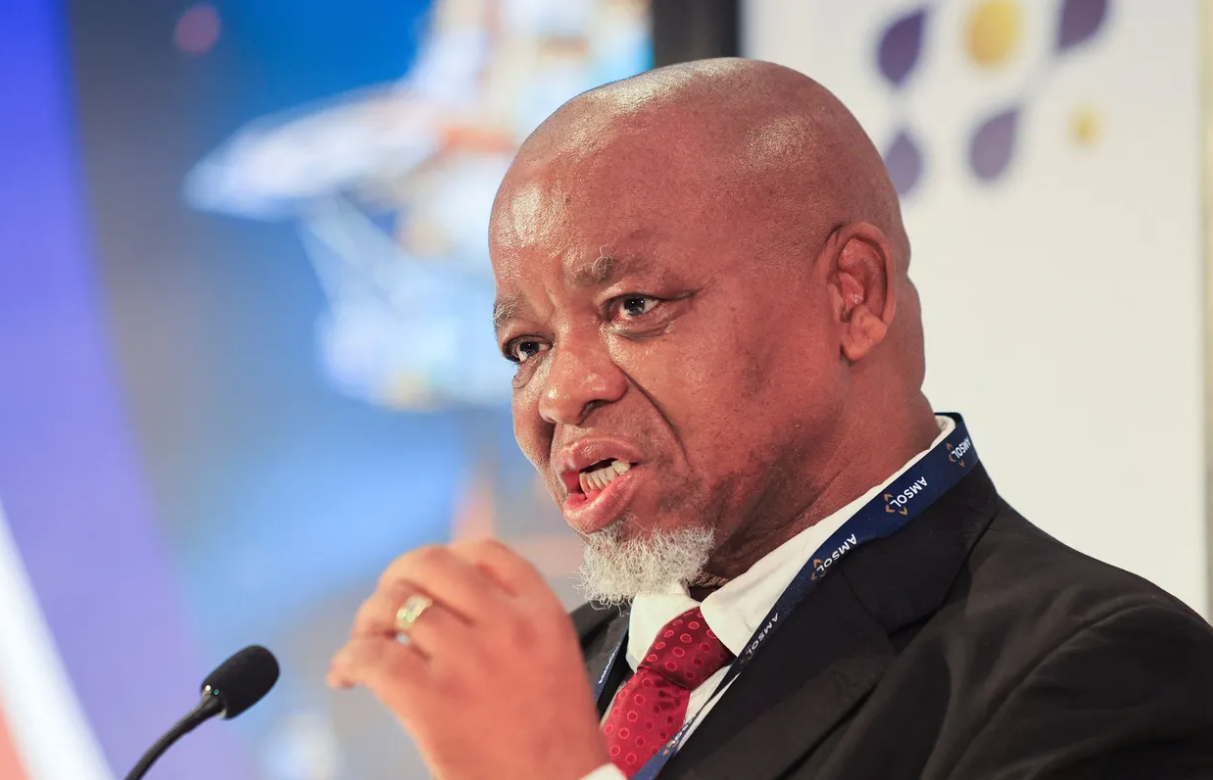The Just Energy Transition Partnership (JETP), an investment strategy that will allow South Africa to access up to $8.5 billion in investment to finance the country’s transition away from coal, has received official support from the cabinet.
The JETP partners made a $8.5 billion pledge at COP26 in Scotland last year to help South Africa transition away from coal and to help the people and communities that might suffer as a result.
With coal accounting for more than 80% of South Africa’s electricity, the plan will help kickstart and accelerate the penetration of renewable energy resources, as well as the introduction of new technologies such as electric vehicles, battery energy storage systems, and green hydrogen, thereby diversifying the country’s energy mix and driving the transition to a clean energy future.
The cabinet approval paves the way for South Africa to leverage the $8.5 billion in funding – initially announced in 2021– in the form of grants and loans from the U.S, the UK, Germany, France and the European Union to close and re-purpose coal-fired power plants, ensure additional renewable capacity is brought online and expand the transmission grid network country-wide.
With cabinet’s $8.5 billion approval in place, South Africa is one step closer to utilizing clean energy resources, encouraging job development, and upskilling the local workforce in line with new employment requirements.
The plan was approved after the German government pledged an additional €355 million to assist South Africa in implementing a “just energy transition,” as the country seeks to invest more than $250 billion by the year 2050 to phase out its coal-fired power plants and ensure the dependability of its grid network.
In a post-Cabinet briefing, Minister in the Presidency Mondli Gungubele stated that more details on the JET-IP, which is supported by France, Germany, the United States, the United Kingdom, and the European Union and is expected to be formally endorsed at the COP27 climate negotiations in Egypt next month, would be provided during a briefing hosted soon by the Inter-Ministerial Committee on Climate Change.



